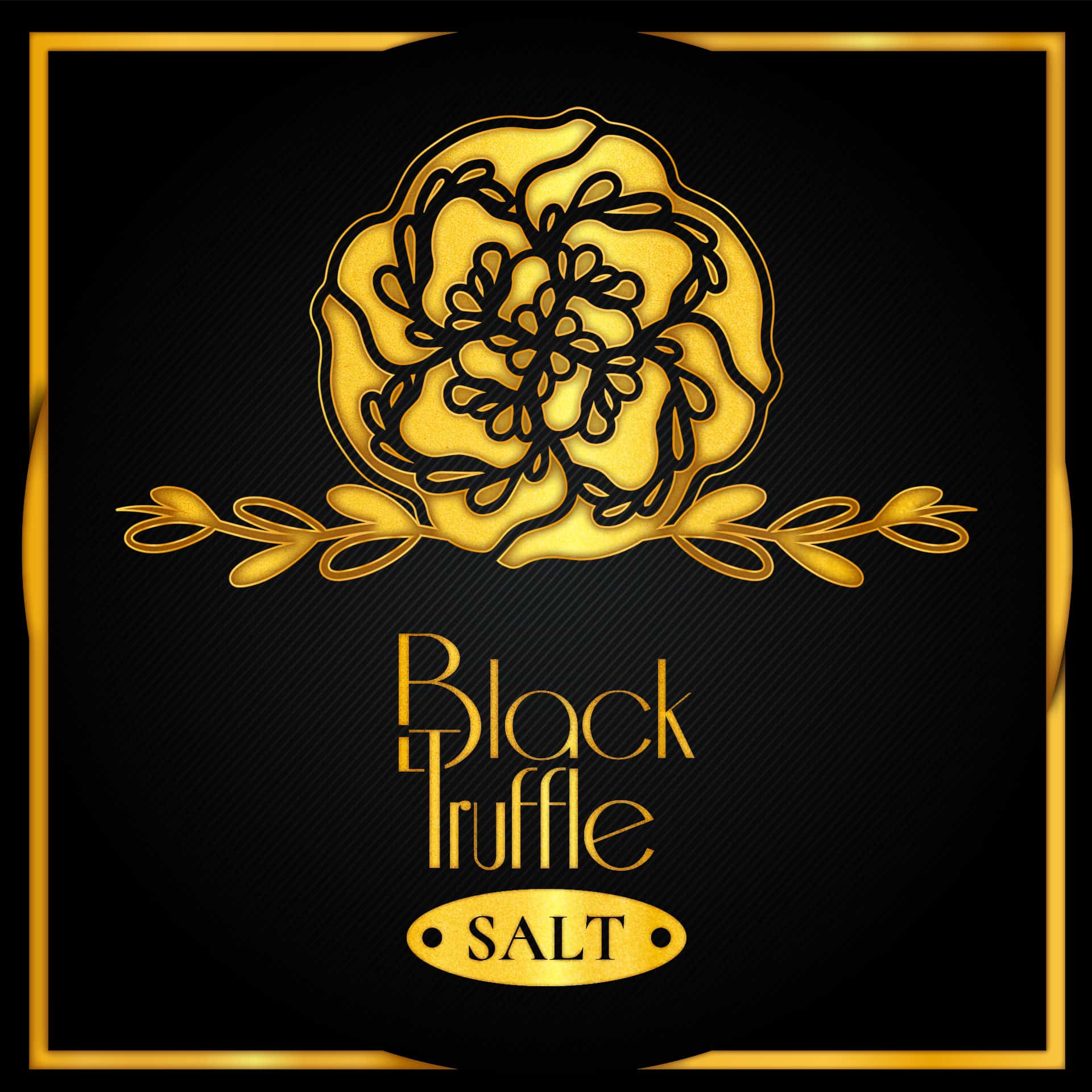Rock Salt and Kosher Salt – A Look at Their Differences
Kosher salt and rock salt are different from regular table salt in many ways. Both contain trace amounts of potassium, iodine, sodium and calcium. Unlike table salt, which is mostly used for cooking, kosher salt is mainly used for baking and for commercial cooking, which include seafood, deli meats, cakes, breads, potatoes, and rice.
Some brine-based seafood products like shellfish, clams, mussels, oysters, scallops, and oysters are not kosher. For these foods, we must use rock salt instead of kosher salt. Even though you can find both kosher and rock salt at the grocery store, some produce that is not kosher and some kosher products are not available at the produce section.
Both salts have their own purposes and advantages. The acidity of the rock salt is less than the level of acidity in kosher salt. Rock salt is also very inexpensive and can be bought in bags of small quantities.
Kosher salt contains a lot of sodium, but the average salt shaker has too much sodium. Salt is essential to many recipes. In order to have a wide variety of recipes, some people eat more salt than they should. However, the salt content in kosher salt is significantly less than the salt in regular table salt.
Rock salt dissolves into the water in the cooking process. This means that it mixes with the food so that you can easily add salt to your dish without using too much. When the salt dissolves into the water, it forms a fine film on the surface of the food and creates an all-purpose seasoning. It is best to add rock salt to dish using a sprinkling of sea salt because there is no essential taste difference between the two salts.
Using kosher salt will add the salty taste to the dish and add seasoning. Kosher salt can be used to season the herbs, meat, vegetables, and seafood. Kosher salt is also used in desserts and ice cream.
Using kosher salt instead of regular table salt makes for a healthier eating habit. Although it has fewer nutrients than table salt, rock salt has a great deal of mineral content as well.
Rock salt is recommended for several reasons. One reason is because there is no iodine in rock salt, which is not found in most table salt. In addition, both salt of potassium, which are an essential mineral, and since potassium deficiency is a growing problem in the US, rock salt is safe for vegetarians and vegans.
Rock salt does not dissolve into the water in the cooking process like kosher salt does. The seasoning is only added after the food is done being cooked. By waiting until the food is finished cooking, you can guarantee that the seasoning will be added without making it necessary to add it later.
Rock salt is better for you because it dissolves into the water in the cooking process and does not get lost when it gets mixed with other ingredients. As long as the salt has been properly prepared, it is safe for most dishes.
Most restaurants use kosher salt or rock salt to flavor their dishes. Rock salt and kosher salt are commonly used to season fruit, seafood, fried foods, and vegetables.
Kosher salt is made from seawater and is actually the saltiest of all the salts. Rock salt is not sea salt at all, but rather is salt that are derived from the rock minerals that occur naturally. Rock salt is the salt that you want to use to season foods to bring out the natural flavors of the ingredients.

